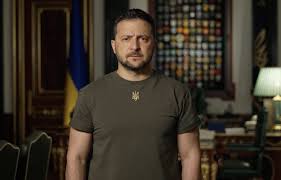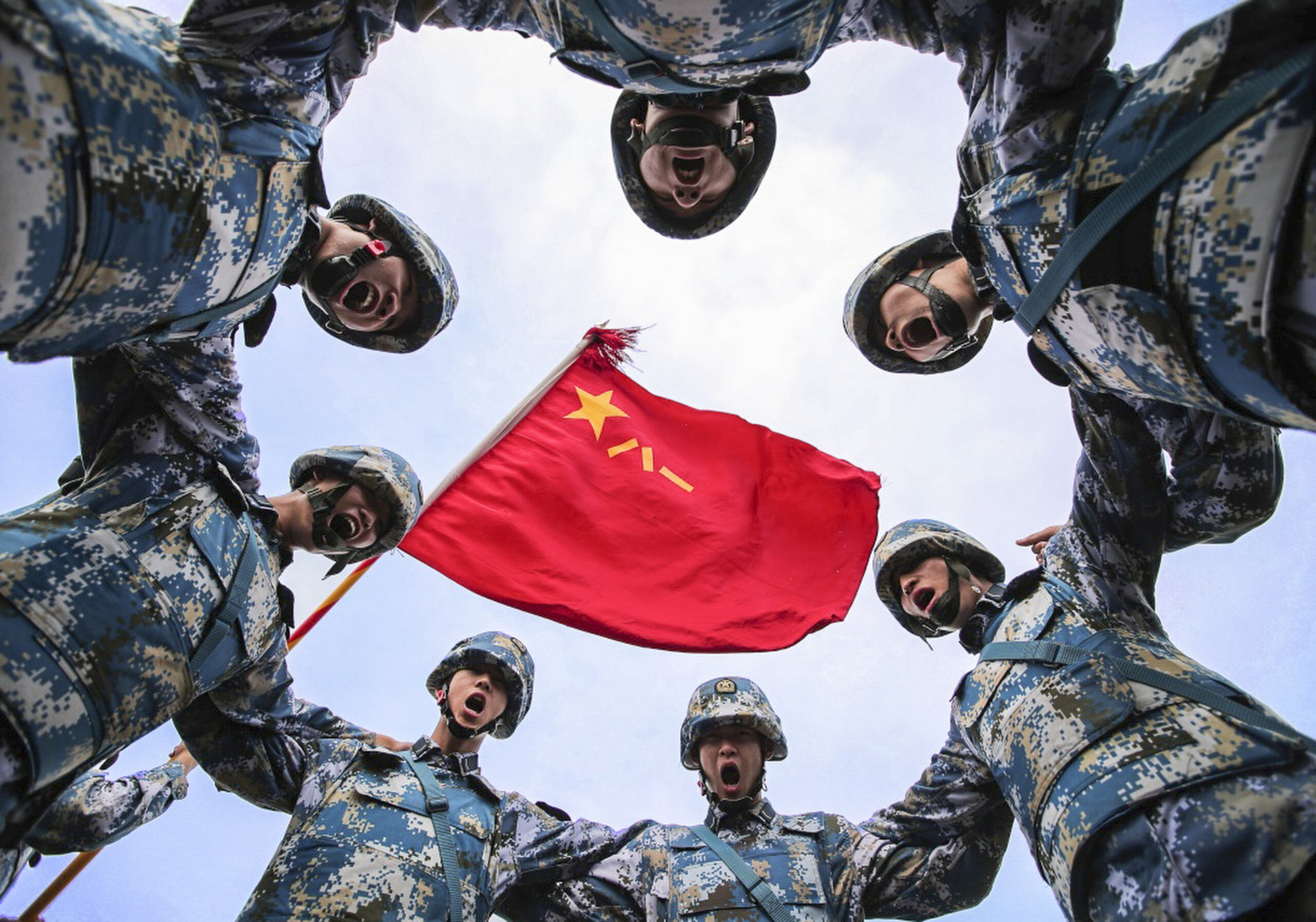Jake Sanders, Editor
The recent meeting at the White House between US President Donald Trump and Ukrainian President Volodymyr Zelensky was reportedly tense, according to Axios sources. Zelensky was unable to secure the long-range Tomahawk missile deliveries, with Trump stating that the US does not plan to provide them “at least for now.” The discussions, lasting about two and a half hours, were described as difficult and at times emotional. Trump was notably firm, and the meeting ended abruptly with the comment, “I think we’re done. Let’s see what happens next week,” possibly alluding to upcoming US-Russia talks.
This situation raises concerns about Ukraine’s strategic options and the wider implications for regional stability. While Zelensky continues to push for Tomahawks, emphasizing they would target military objectives to pressure Russia and push for peace, the US appears cautious, citing the risk of escalation and the need to preserve its own defenses. The EU also questions the effectiveness of Tomahawk missiles in altering the battlefield dynamics, echoing broader doubts about their potential impact.
Comparatively, the situation with Taiwan’s defense strategy highlights similar tensions around military aid and escalation risks. Taiwan has sought advanced weaponry to deter China, but given the geopolitical stakes, Western powers are similarly cautious about providing certain arms, fearing it could escalate conflicts or destabilize the region further. Just as the US hesitates to furnish Ukraine with long-range missiles due to potential escalation with Russia, Western allies tend to weigh carefully the risks of further arming Taiwan, balancing support with the prospect of provoking China.
Both scenarios underscore the delicate balance in international support for self-defense amidst heightened geopolitical tensions. The risk of escalation, the importance of diplomatic negotiations, and the uncertainties about the effectiveness of military aid are central themes in both Ukraine’s and Taiwan’s strategic considerations.



